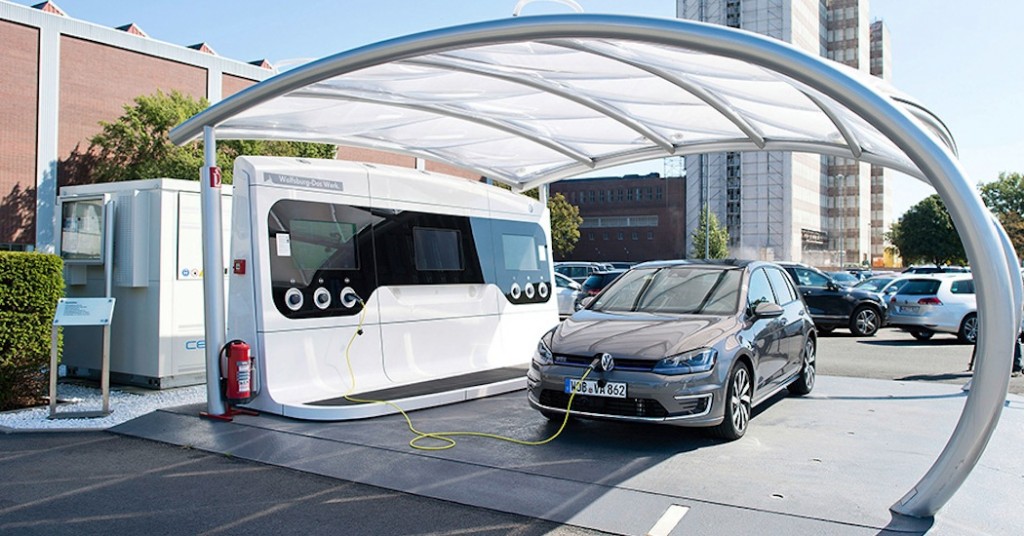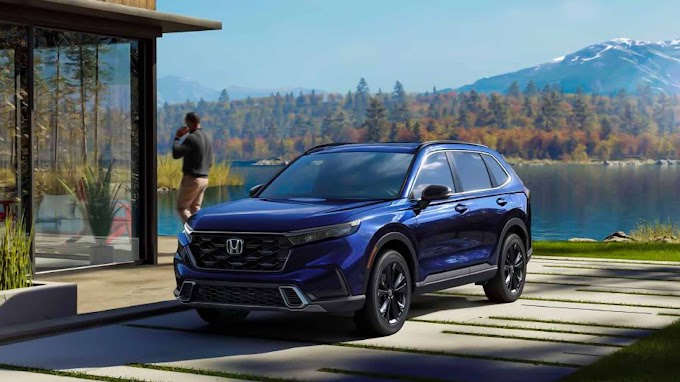Volkswagen AG has agreed to a $15.3 billion settlement to get a half million emissions cheating diesel vehicles including both Volkswagen and Audi 2.0L TDI vehicles in the United States off U.S. roads setting an auto industry record that is expected to increase as misdemeanor investigations and litigations on three continents get underway.
The German automaker spend $10 billion to buy back polluting models and reimburse drivers. It will also pay $2.7 billion to federal and California regulators to fund pollution-reduction projects, and give $2 billion to be invested in clean technology. Volkswagen also announced a $603 million settlement to resolve consumer and environmental claims with 44 states in USA.
VW still faces lawsuits by at least five states plus investors and dealerships in the U.S., as well as corresponding lawsuits, as well as consumer grievances, in Germany, all of which could raise the scandal’s price tag for the automaker. Future expenses will also include perhaps hundreds of millions of dollars in fees for the lawyers who secured Tuesday’s deal for car owners. More penalties, along with further damage to VW’s reputation, may yet spring from criminal probes in the U.S., Germany and South Korea.
Under the terms of the 2.0L TDI settlement agreements, affected owners and lessees will be able to choose whether to accept a buyback or lease termination, or receive an approved emissions modification for their vehicle (if and when it becomes available). Volkswagen will also make cash payments to affected current and certain former owners and lessees.
Volkswagen has also agreed to pay $2.7 billion over three years into an environmental trust, managed by a trustee appointed by the Court, to remediate excess nitrogen oxide emissions from 2.0L TDI vehicles in the United States and invest $2.0 billion over 10 years in zero emissions vehicle (ZEV) infrastructure, access and awareness initiatives.
The following 2.0L TDI engine vehicles are included in the 2.0L TDI settlement program – VW Beetle (2013- 2015), VW Golf (2010-2015), VW Jetta (2009-2015), VW Passat (2012-2015) and Audi A3 (2010-2013; 2015).
By their terms, these agreements are not intended to apply to or affect Volkswagen’s obligations under the laws or regulations of any jurisdiction outside the United States. Regulations governing nitrogen oxide emissions limits for vehicles in the United States are much stricter than those in other parts of the world and the engine variants also differ significantly. This makes the development of technical solutions in the United States more challenging than in Europe and other parts of the world, where implementation of an approved program to modify TDI vehicles to comply fully with UN/ECE and European emissions standards has already begun by agreement with the relevant authorities.








